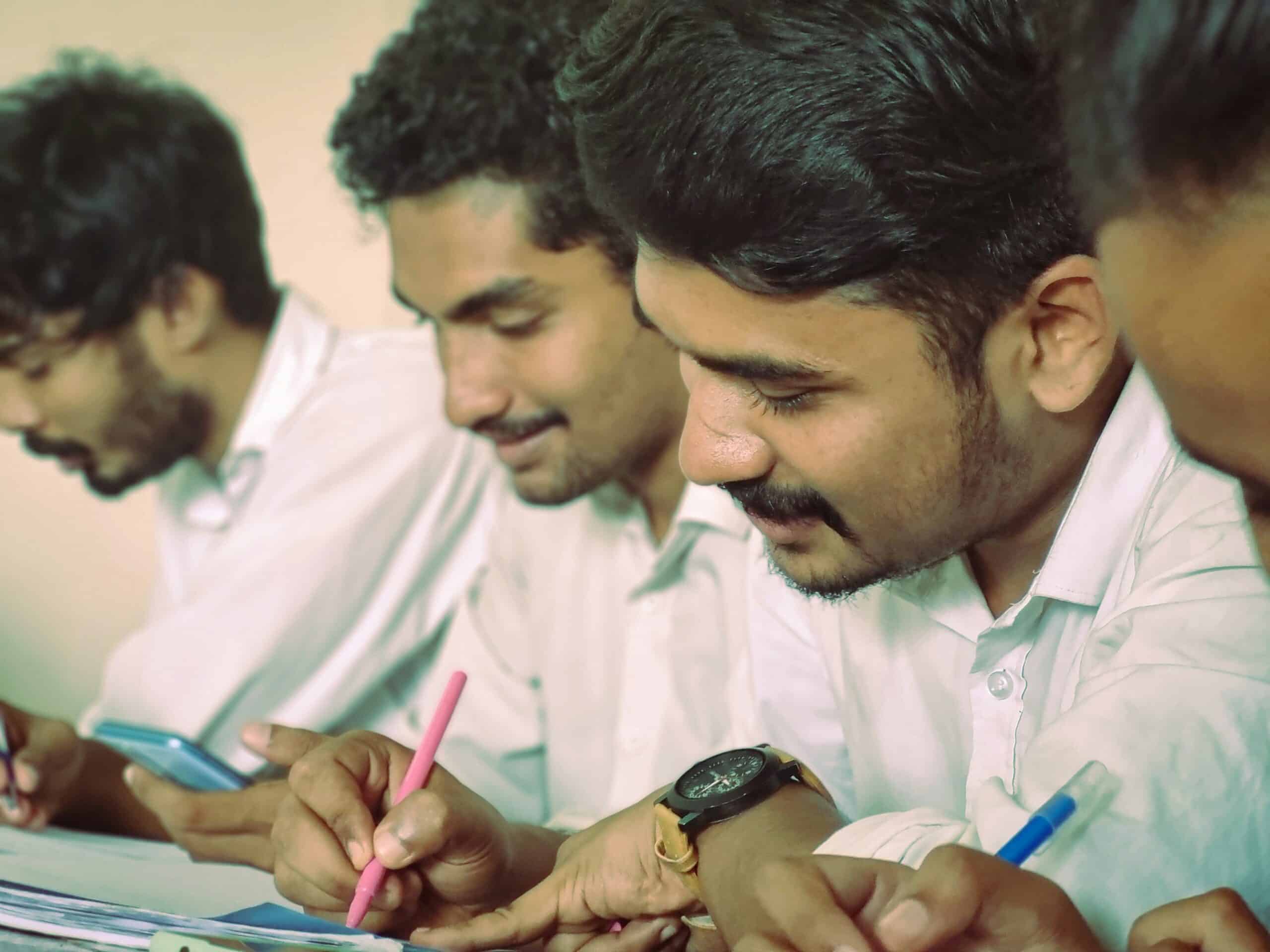The IC3 Institute, a volunteer organisation that supports high schools around the world with guidance and training resources, has highlighted the five Indian states that account for almost half of all student suicide cases.
According to the report, Student Suicides: An Epidemic Sweeping India Volume 2, Maharashtra (1,764), Tamil Nadu (1,416), Madhya Pradesh (1,340), Uttar Pradesh (1060), and Jharkhand (824), account for 49% of the total student suicide cases in India.
The findings follow previous research released last year by IC3, which highlighted that over 13,000 students die by suicide annually in India.
The alarming trend led to the organisation establishing a task force dedicated to student mental health, consisting of leaders from the higher education, K-12 and mental health sectors.
“The statistics are very stark. While worldwide, the number one cause of death amongst adolescents is road accidents, in India it’s suicide,” Harish Menon, chair of IC3 Averting Student Suicide Taskforce, told The PIE.
“Student suicides in India have been increasing at a very dramatic rate over the last ten years with a 4% rise compared to total suicide which increased by 2%. This is a nationwide concern, which needs to be tackled immediately.”
According to the report, which includes 2022 data from the National Crime Records Bureau, regionally, the Southern states and union territories make up the highest proportion of student suicides at 29%.
“The 2022 NCRB report recorded a total of 13,044 student suicides, representing an insignificant decrease of 0.3% from the previous year’s numbers,” read the IC3 report.
“Over the last decade (2013-22), 103,961 student suicides were recorded, a 64% increase compared to the prior decade (2003-12).”
However, despite a slight drop year-on-year, the actual number of student suicides is likely underreported due to societal stigma, penal laws against attempted and assisted suicide, and other factors.
This is a nationwide concern, which needs to be tackled immediately.”
Harish Menon, IC3
The report further states that student suicides are 7.6% of all suicides in India, similar to that of many other professions such as salaried persons, farmers, unemployed persons, and self-employed persons.
Moreover, the incidence of student suicides has surpassed population growth rates.
Over the last decade, while the population of 0-24-year-olds reduced from 582 million to 581 million, the number of student suicides increased from 6,654 to 13,044, stated the report.
To address the crisis, the task force, headed by Menon, has been working with schools and educators to improve the mental well-being of students.
From developing evidence-based interventions through surveys and reports to advocating for institutional changes, the task force is implementing a wide range of initiatives.
“We are doing a more comprehensive student survey as we speak to try and get more data. We know some of the major reasons for distress, include academic pressure, family pressure, and body image issues,” said Ganesh Kohli, founder, IC3 Movement.
Kohli also highlighted gatekeeper training being done with educators to allow them to recognise at-risk students as early as possible.
According to Menon, adequate training in India is crucial because of the country’s large population.
“There is a paper published in the National Library of Medicine that says that India has around 9000-10,000 psychiatrists which equates to 0.75 per 100,000 people. The desired number should be 3:100,000 with some higher income countries having 6:100,000,” said Menon.
As per a UNICEF Report, The State of the World’s Children, one in seven young people between the ages of 15 and 24 in India experiences poor mental health, including symptoms of depression, and disinterest.
The report suggests that only 41% of those surveyed felt the need to seek support when dealing with such challenges.
“Student counselling is an art and a science, and every student and situation is unique. It’s not just about helping with a transition from school to college,” said Kohli.
“It’s about providing context to young people at an early stage, and then you would have a positive impact.”

